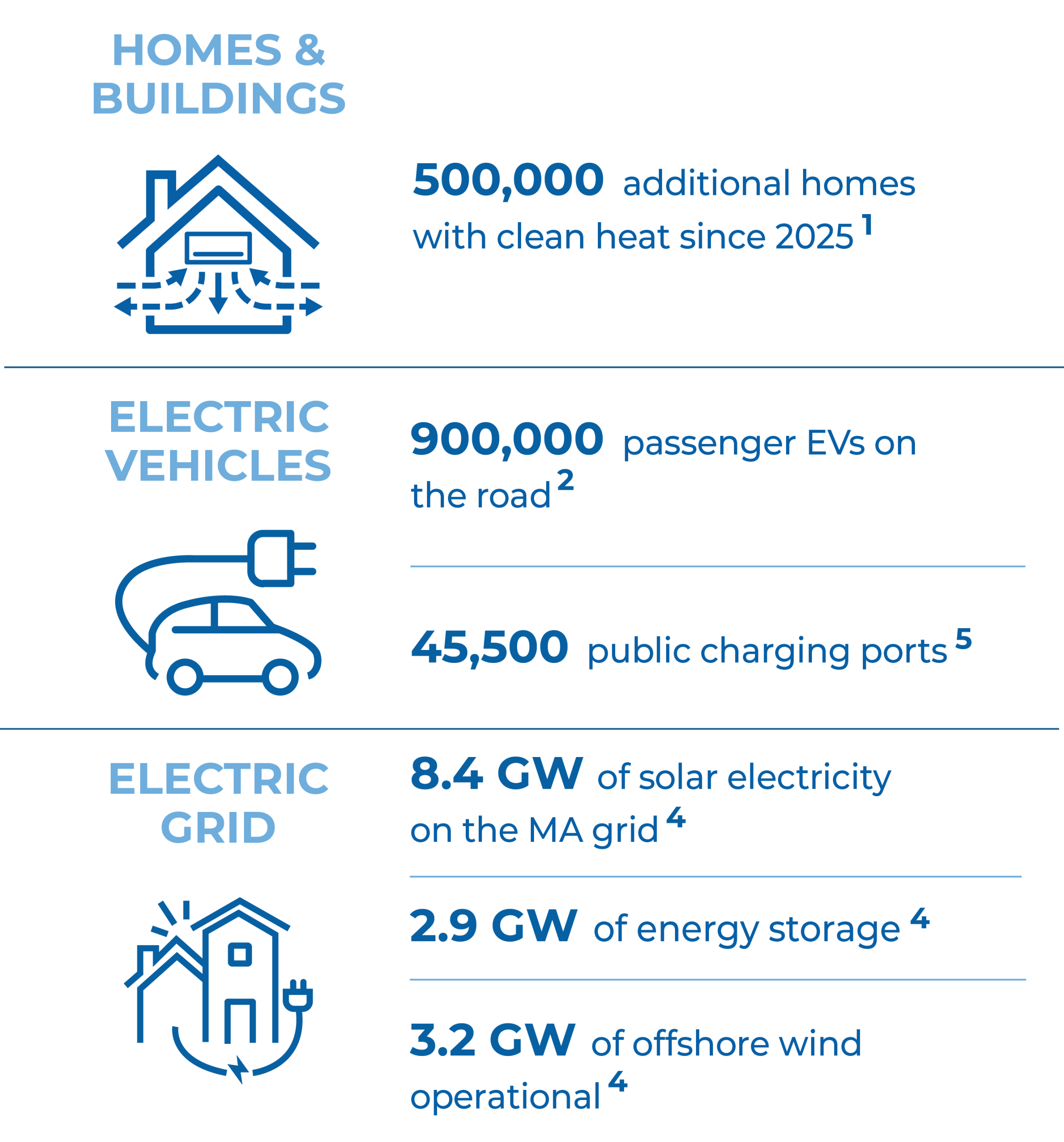Massachusetts' Renewable Energy Drive: High Costs and Varied National Rankings Amidst Robust Education Sector

Massachusetts is actively pursuing ambitious renewable energy goals, a strategy that has drawn attention for its significant costs and varied national standings. A recent social media post by Clark H. highlighted this, stating, > "Massachusetts is in the Top 5 US states to prioritize very costly virtue signaling on renewable power." The comment also noted the state's status as "the center of elite education."
The Commonwealth has set aggressive climate targets, including achieving net-zero emissions by 2050, with interim goals of reducing greenhouse gas emissions by 33% below 1990 levels by 2025 and 50% by 2030. These initiatives require substantial investment in offshore wind, solar, and energy storage, leading to considerable upfront costs for grid upgrades and technology subsidies. State officials, however, emphasize projected long-term economic benefits, such as job creation in the clean energy sector and reduced reliance on fossil fuels.
While Massachusetts consistently ranks highly in energy efficiency, often securing the top or second spot nationally, its position in overall renewable energy production varies. According to a 2023 analysis by the Boston Globe, Massachusetts ranked 29th among U.S. states in the percentage of total electricity derived from renewable sources. This contrasts with its strong performance in specific clean energy metrics, such as 10th for solar generation in 2023 and 5th for electric vehicle charging ports.
Beyond its energy policies, Massachusetts is widely recognized for its prominent higher education institutions. The state's 58 private colleges and universities contribute significantly to its economy, generating an estimated $71.1 billion, supporting over 321,000 jobs, and yielding $2.4 billion in annual tax revenue. This robust education sector is considered a cornerstone of Massachusetts' knowledge-based economy, attracting talent and fostering innovation crucial for the state's workforce development.
The interplay between Massachusetts' costly clean energy ambitions and its leading role in education underscores a complex economic landscape. The state continues to balance aggressive environmental targets with economic considerations, leveraging its strong educational foundation to drive innovation and address future challenges.